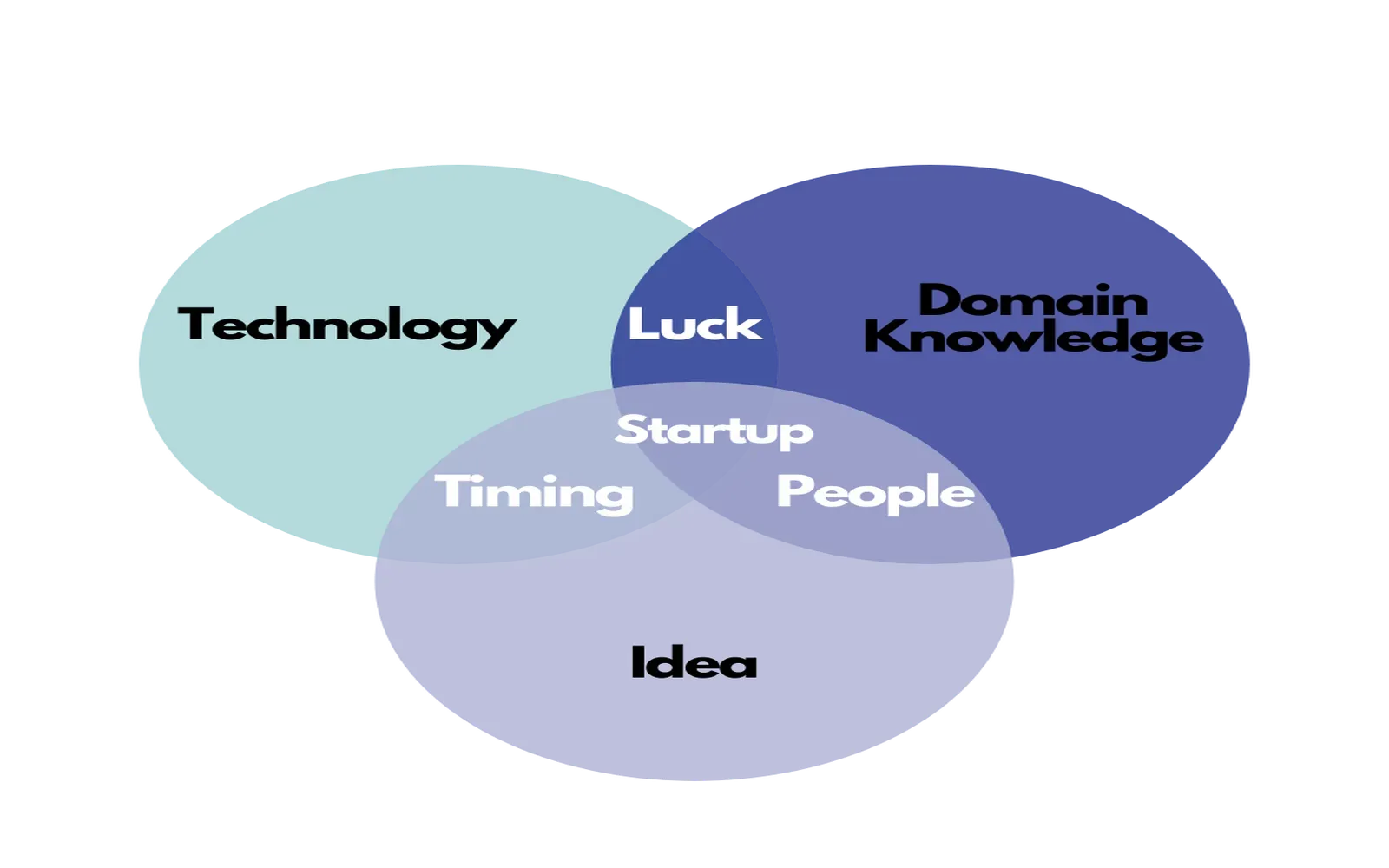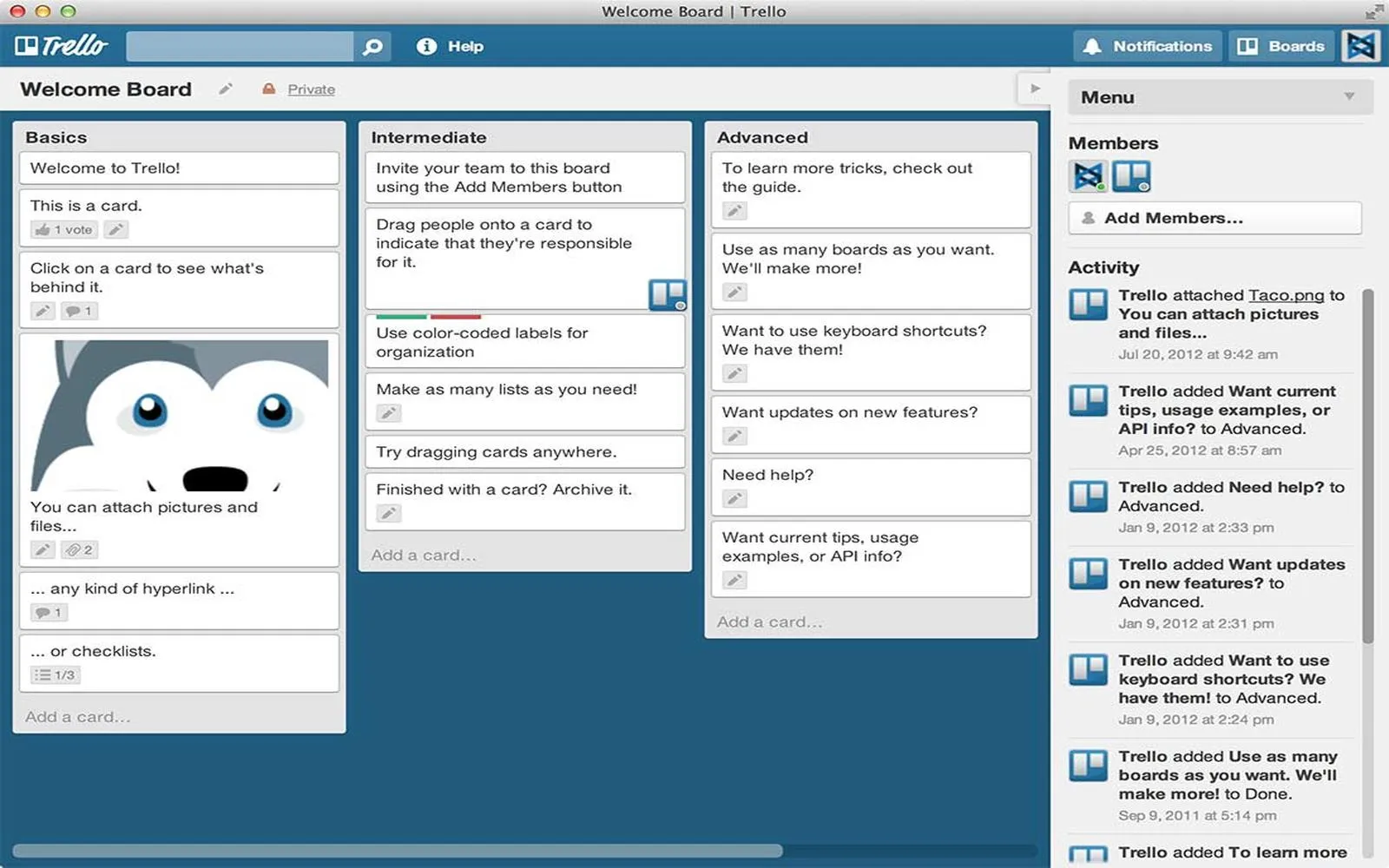Working in a distributed company often means collaborating with colleagues from different parts of the world, which brings both exciting opportunities and unique challenges. Understanding the pros and cons of working across time zones can help you navigate this dynamic environment effectively. Below, we explore these aspects in detail, providing insights to help you adapt and thrive in a global workspace.
Pros of Working Across Time Zones
Working in a distributed company can offer numerous advantages, particularly when it comes to leveraging global talent and fostering innovation. Here are some key benefits:
| Advantage | Description |
|---|---|
| Diverse Perspectives | Collaboration across time zones allows for a rich blend of ideas and viewpoints, enabling more innovative solutions. |
| Flexible Work Hours | Employees can often set their work hours, allowing for a better work-life balance and increased productivity. |
| Broader Talent Pool | Companies can tap into a global workforce, attracting top talent regardless of geographical constraints. |
| Increased Coverage | Having team members in different time zones can provide around-the-clock support and faster response times for clients. |
Cons of Working Across Time Zones
While there are many advantages to working across time zones, there are also several challenges that can arise. Here are some considerations to keep in mind:
| Disadvantage | Description |
|---|---|
| Communication Delays | Time zone differences can lead to delays in communication, making it difficult to coordinate tasks and decisions. |
| Scheduling Conflicts | Finding mutually convenient times for meetings can be challenging and may require compromise from team members. |
| Social Isolation | Remote workers may feel disconnected from their colleagues, impacting team cohesion and morale. |
| Work-Life Integration Issues | Flexible hours can blur the lines between work and personal life, leading to burnout if not managed properly. |
What to Expect in a Distributed Company
When you join a distributed company, it's essential to set realistic expectations about your new work environment. Here are some key aspects to consider:
- Emphasis on Asynchronous Communication: In a distributed team, much of the communication may occur asynchronously. Tools like email, project management platforms, and chat applications become crucial for keeping everyone aligned.
- Reliance on Technology: Expect to utilize various digital collaboration tools that facilitate remote work, such as video conferencing software, document sharing platforms, and task management systems.
- Flexible Schedules: Many distributed companies embrace flexible work hours, allowing employees to work when they are most productive. This flexibility can enhance job satisfaction and overall performance.
- Regular Check-Ins: To combat feelings of isolation and ensure everyone is on the same page, regular team meetings and one-on-ones are often encouraged.
Tips for Successfully Navigating Time Zones
Successfully managing the challenges of working across time zones requires proactive strategies. Here are some tips to help you thrive:
- Establish Clear Communication Guidelines: Set expectations around response times and preferred communication methods to reduce misunderstandings.
- Be Considerate of Others’ Time: When scheduling meetings, always consider the time zones of all participants to ensure inclusivity.
- Use Time Zone Tools: Utilize apps and tools that help you keep track of different time zones, making it easier to coordinate meetings and deadlines.
- Encourage Team Bonding: Create opportunities for informal social interactions among team members to foster relationships and reduce feelings of isolation.
Conclusion
Working across time zones in a distributed company can be a rewarding experience, offering flexibility, diversity, and the chance to collaborate with talented individuals from around the world. However, it also presents challenges such as communication delays and potential social isolation. By understanding the pros and cons and implementing effective strategies, you can position yourself for success in this dynamic work environment. Embrace the opportunities, overcome the hurdles, and enjoy the unique experience of being part of a global team.





